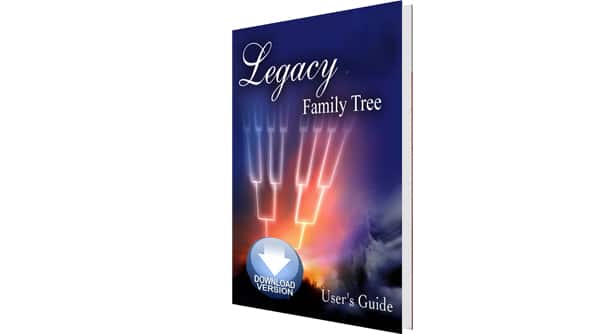
I was researching a German soldier who had been interred in a Russian POW camp during World War II. His family never saw him again and didn't know what happened to him after the War was over. I had very little information about him. The Russians did not release him until 1948 (I found this out later). The soldier was incapacitated in some way but the details were fuzzy. I did know that he died in the town of Göttingen because this was recorded in the family's "Stammbuch." A Stammbuch is an official record book that families keep of their birth, death, and marriage records. It include the civil document numbers which is very helpful to researchers. With this information I was able to obtain his death certificate. The death certificate lists the address where he died as Rosdorferweg 70.
I plugged that address into Google Maps and this is what I found. The address belongs to a hospital.
So was it a hospital in 1949? I emailed them and asked.
They told me that yes, they are the same hospital that was in operation in 1949. I asked them if they had the medical records from that time period. They told me that the old medical records had been turned over to the Stadtarchiv Göttingen. They were kind enough to provide me with a contact person there.
The Stadtarchiv told me that the records were now being housed at the Niedersächsisches Landesarchiv in Wolfenbüttel. I was again given a contact person.
I contacted the Landesarchiv and they advised that they would write back when they knew whether or not they had this man's records. I got my answer less than a week later.
“Sie können von der Akte des Landeskrankenhauses Göttingen, die [NAME REDACTED] betrifft (NLA Hannover Hann. 155 Göttingen [FILE NUMBER REDACTED]), Kopien in Auftrag geben. Die Akte umfasst ca. 75 Seiten.”
They found the man's medical file, seventy-five pages worth. They mailed me a CD with crystal clear images. His medical file provided a lot of answers to the questions his family had had for their entire lives.
This entire process took several months but I was on a mission and wasn't about to give up. I honestly thought that there was no way these medical records still existed but I knew I had to go through all of the steps to find out for sure.
Michele Simmons Lewis, CG® is part of the Legacy Family Tree team at MyHeritage. She handles the enhancement suggestions that come in from our users as well as writing for Legacy News. You can usually find her hanging out on the Legacy User Group Facebook page answering questions and posting tips.



Thanks for sharing this interesting research journey. Persistence did pay off and it provides a wonderful example of why archives should retain this type of record (and not destroy them after a particular number of years, as often happens in the USA).